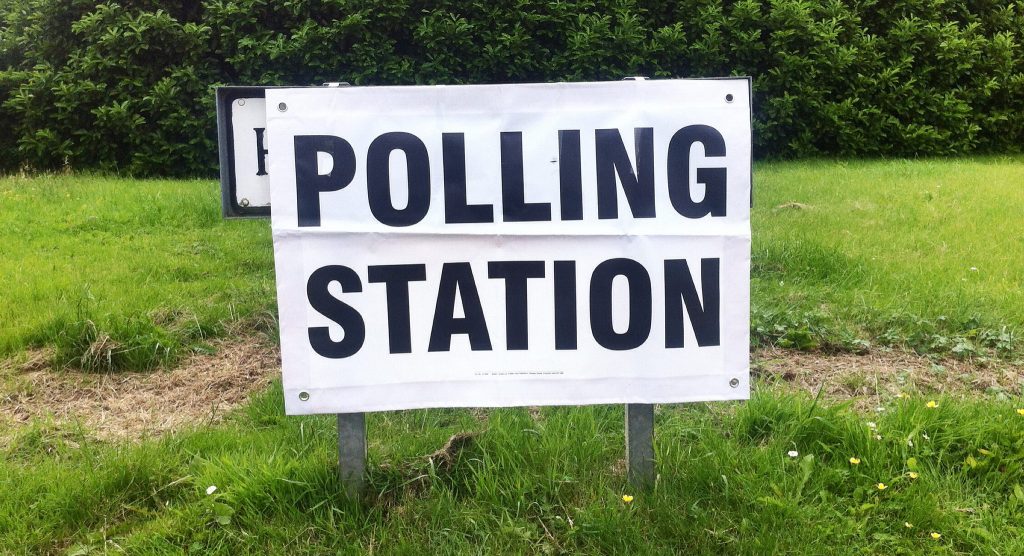The Crown Prosecution Service (CPS) are currently deciding whether to charge up to 20 Conservative MPs following an investigation into allegations that they broke local spending limits during the 2015 General Election.
What has this got to do with human rights?
The right to free and fair elections is essential to establishing and maintaining a stable democracy. That’s why the right is protected under Article 3 of Protocol 1 of the Human Rights Convention. Article 3 requires the government to hold free elections, “by secret ballot, under conditions which ensure the free expression of the opinion of the people.”
Britain has a long history of ensuring elections are free and fair, tracing back to the Freedom of Election Act 1275. However, it took a long time to get to where we are today, with both men and women entitled to vote, a private ballot to prevent voters being intimidated, and rules controlling how political parties conduct their election campaigns. The purpose of those rules is to ensure that no party can unfairly gain power by bribery, force or other means.
So what’s the story?

Following allegations that the Conservative Party had exceeded legal spending limits and failed to report the full amounts during by-elections in 2014 and the 2015 General Election, the Electoral Commission initiated an investigation into whether the Conservatives had broken the law. On 16 March, the Commission announced that they had fined the Conservatives £70,000 – the highest fine ever imposed on a political party – and reported the party treasurer, Simon Day, to the police for declaring he had examined a return and believed it to be complete and correct.
The Commission report found that the Tories’ 2015 account of their campaign-related spending was missing payments worth at least £104,765, and that there was a “realistic prospect” they had gained a “financial advantage” over opponents in the 2015 General Election. Sir John Holmes, the Commission chairman, said that the Conservatives’ actions had “undermined voters’ confidence in our democratic processes.”
Separately, on 17 March, it was announced 12 police forces had passed files on up to 20 Conservative MPs’ election campaigns to the CPS.
What next?
CPS prosecutors will now make a decision on whether to charge any of the MPs involved, or their agents. Given the importance of upholding public faith in the electoral system, it is likely that the CPS would consider it in the public interest to prosecute if there is found to be sufficient evidence.
Downing Street are reported to be “deeply worried”. It is possible that the results of up to 6 local constituency votes could be declared void, triggering by-elections in those constituencies.
Want to know more on this story?
- Subscribe for human rights updates
- See our Infographic on the Right to Free and Fair Elections
- Read our Explainer on Why the Right to Vote Matters







